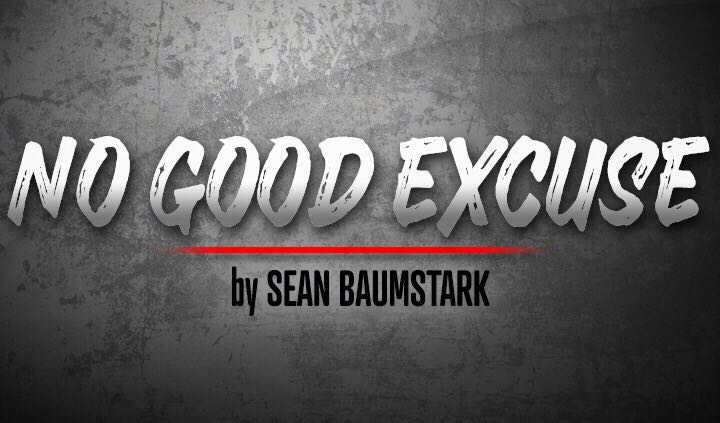Reassessing Is Often Better than Surrendering
Written by |

We are just about halfway through 2019. I think this is a great time to evaluate my habits, my routines, and especially my goals. I usually start every calendar year with the motivation to accomplish and achieve like never before. In a lot of ways, I do achieve a lot. In some ways, though, my evaluations leave me thinking, “I wish I would have …”
This six-month review of myself has been a routine for a couple years now. I’m sometimes surprised with my personal performance, and sometimes I’m not. One thing that is never surprising is the process itself.
I know that in some areas, I am going to “win,” and in some areas, I am going to “lose.” However, I still look forward to this season of review because it’s a perfect time to recalibrate, refocus, or maybe even refine my goals. I never beat myself up for falling behind or falling off track. Instead, I view the missed targets as opportunities that I need to rethink. Rethink, not give up on.
When I talk about rethinking a goal or a priority, I’m referring to the very robust and honest internal dialogue that asks tough questions. “Is that still important to me?” “Can I achieve that if I go about it differently?” “Is my approach or time frame reasonable?” “Is it more likely to happen if I include others or ask for help?”
In addition to asking the tough questions, I make myself answer them. Thoughts and internal dialogue aren’t good enough, though. Instead, I write my answers down. I allow myself to look at and ponder the fully formed answers that I have written down. If I don’t do this, I have found that my mind will quickly accept an “excuse” camouflaged as a reason, and I may passively give up too soon.
Join our FA forums: an online community especially for patients with Friedreich’s Ataxia.
The value of this process is so much more than just understanding where my opportunities are and celebrating my improvements. To a much more personal and significant degree, this process helps me stay aligned with my “true north” more frequently and consistently.
Before I made this halfway point in the calendar year a time for self-assessment, I found myself going one, two, sometimes many years without taking notice of my own priorities. It’s easy to say things like, “I’m going to have a six-pack stomach before summer” or “I’m going to save $2,000 toward a car,” and in the face of missed goals, it’s just as easy to say, “Oh, well, next year!”
I realized a couple years ago that I was giving up on my priorities, my goals, my true north, every time I said, “Eh, I’ll get it done next year.” What I found was that “next year” is almost the same as “never.” By putting it off, I was making excuses, accepting things at face value and not digging into the habits and disciplines needed to help me buy that new car or achieve that six-pack.
No matter what the goal or priority is, I’ve got to have a plan in order to accomplish or achieve the end result I want. Nobody accidentally takes home the gold medal or summits Mount Everest. They plan for it and execute their plans on a daily and weekly basis.
I often think about a series of commercials that Under Armour released a couple of years ago. One in particular that comes to mind features Olympian Michael Phelps and his training regimen. The commercial features the caption, “It’s what you do in the dark that puts you in the light.” In other words, it’s the disciplines you practice today that get you where you want to be tomorrow.
I may be held back a bit due to Friedreich’s ataxia, and you might be held back by a disability or a disorder, yourself. Illness, disease, and disability are things that are considerably, if not completely, out of our control. I hope that when you are performing your own evaluation, the uncontrollables are the only things that hold you back. Don’t let excuses rob you from staying on course with your true north.
***
Friedreich’s Ataxia News is strictly a news and information website about the disease. It does not provide medical advice, diagnosis or treatment. This content is not intended to be a substitute for professional medical advice, diagnosis, or treatment. Always seek the advice of your physician or another qualified health provider with any questions you may have regarding a medical condition. Never disregard professional medical advice or delay in seeking it because of something you have read on this website.






Jean Walsh
LOVE what you have to say, as usual!!!
Sean Baumstark
Thank you, Jean! You are encouraging and I'm grateful that you continue to read my work!